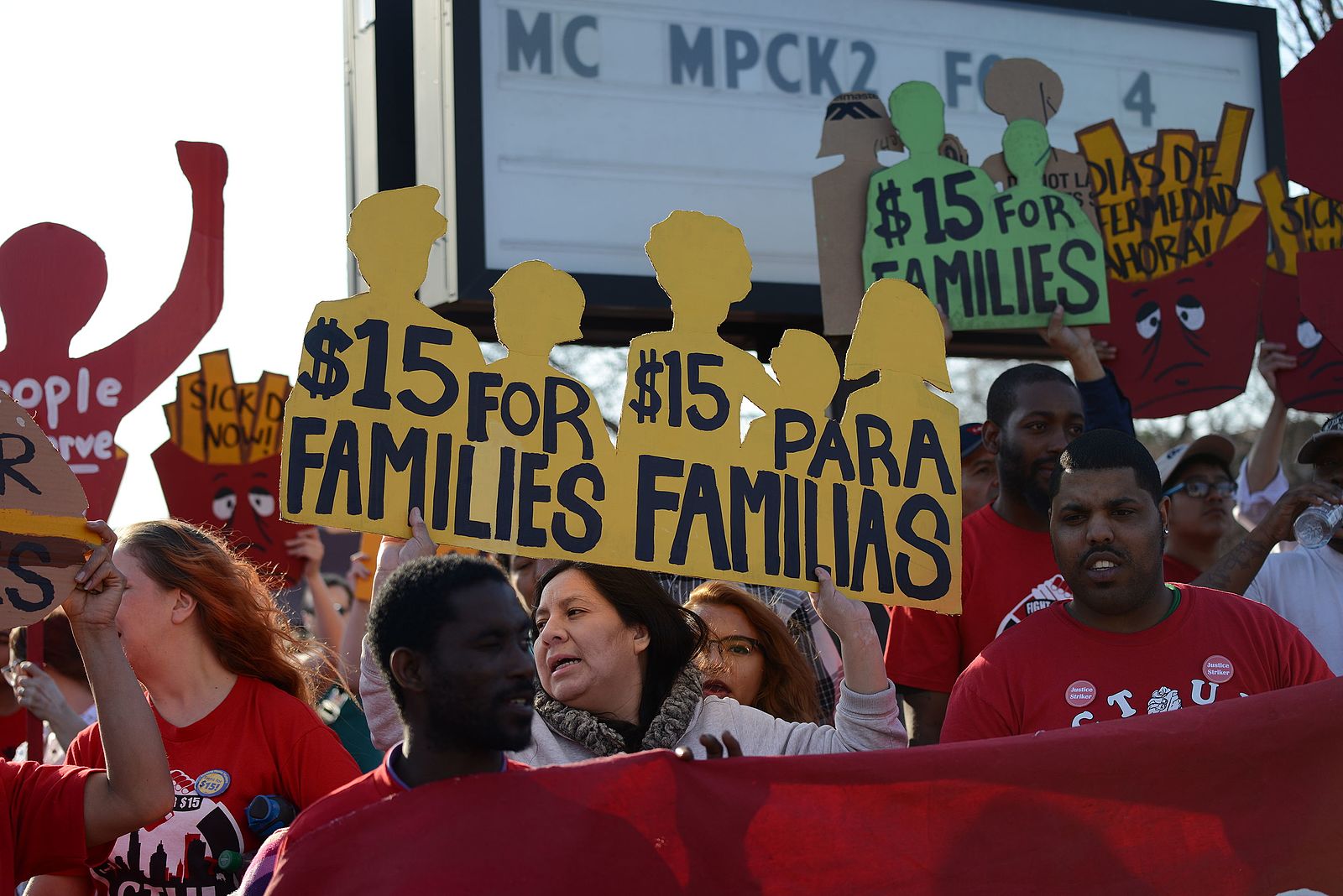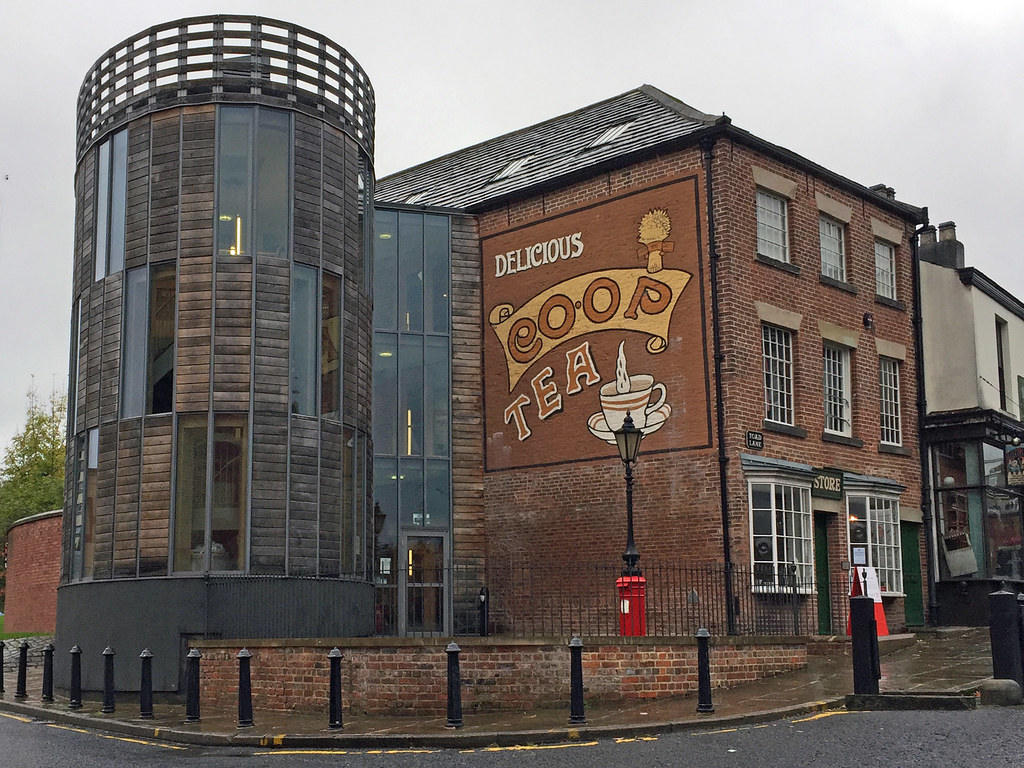What would you say to a national federation of co-operatively owned bars? Each bar is an independent co-op in its own right, but affiliates to the federation, or union, through regionally organised structures.
Each bar is owned in whole by its customers, electing a committee, at an AGM, as an executive body, but employing paid managers to handle the commercial day-to-day running. All profits would be reinvested, and each bar, or club, would send delegates to a national congress.
If that appeals to you then good news – the Clubs and Institutes Union already exists and it has done since 1862 (although it’s changed a lot from its nineteenth century temperance origins).
If you’re from a de-industrialised town or a former pit village then there’s a high chance you’ve been in one of their social clubs, but it’s probably not the first thing that springs to mind when you hear the word “co-op”.
I’ve worked in the CIU since 2008, and been a member since 2011, and it’s where I first came into direct contact with the co-operative sector.
However, there’s something that frustrates me about this two-million-member strong co-operative union – namely that it doesn’t tend to think of itself as a co-op, and sadly neither does the co-operative movement view it that way. At a Co-op Party event it has been referred to as “the forgotten arm of the co-op movement” but it’s an arm which has been both forgotten by the movement and has itself forgotten that it’s even a part of it.
The CIU, which grew in tandem with the both the labour and co-operative movements in the mid to late 19th century currently has around two-million members nationally though those numbers may be a bit outdated and the truth is the union has been in decay for a long time.
Cultural shifts breaking up working class communities began what appears to be a death spiral for the social club scene, but the CIU hasn’t helped itself either.
Its internal culture tends to be stubborn in the face of external change, whether social or economic. Internal politics, a financial scandal (see Panorama, 8th December 2018), and mismanagement of union assets (the ill-advised sale of the Federation Brewery in 2004 stands out in this regard), combined with an ever-growing list of club closures, has led to an increasingly closed shop at the top, alienating member clubs, and culminating in a situation last year that could see the first ever regional break-away from the union, following a still unresolved dispute between the Northern Region and the NEC.
The CIU is in trouble, and for many club members it feels like it’s been on borrowed time for a while, but it can reinvigorate and reinvent itself, if only it would embrace what was right in front of it – namely, the co-operative movement.
As a co-operator and a CIU-employee, it can be frustrating talking about co-ops to my own members. A standard reply I get when describing the co-op model is “Oh, so it’s a bit like a club, then!” My usual reply that, in fact, the club is a co-op, is more often than not met with blank stares.
The only things stopping the CIU from realising a better version of itself are its chronic image problem coupled with some political education for its members. Education, community, and co-operation with other co-ops are three of the “Seven principles” of the co-op movement. These three hold the key to attracting a new generation of active co-operators to a dying monolith of co-operation.
Engaging with the wider movement will only happen when we see ourselves as part of it, but small changes in attitude might be the impetus that could see club committees, and ultimately the NEC, filled with new, diverse faces, that are open to the real potential of a national co-operative federation in the hospitality sector.
In practical policy terms, the CIU Congress should pass a motion requiring member clubs to create officer positions on club committees for each of these three principles. Committee members whose job it is to educate members about the movement they already exist in, mandated to turn their struggling members’ bar into a community hub, and to liaise with other co-ops, both local and national.
Reinvigoration via wider co-operative co-operation could also benefit the co-operative movement as a whole. Aside from a fairly nominal affiliation to Co-ops UK, which sees clubs listed on the national database of co-ops, you’d be hard pressed to find any evidence of the CIU’s existence at major co-op events.
They aren’t generally talked about during Co-ops Fortnight, it’s rare that we get a write-up in Co-op News, and you’ll search in vain for our stall at Co-op Party Conference and even be described by co-operators on occasion as “not proper co-ops”.
The CIU has one asset which many of the large retail societies should envy. For the two million people who call themselves members, a sense of identity is carried in those affiliation cards which the Co-op Group could only dream of.
To be a member of the CIU means something to every member, even if that meaning dissipates beyond the walls of the club. It’s far from being just another loyalty card in your wallet. There’s a pride that permeates CIU membership, to the extent that people who would never use the word “co-operator” to describe themselves often carry decades worth of yearly affiliation cards in their wallets.
Even if members don’t view their club in terms of the co-op movement, they absolutely do tend to see themselves as part of the club movement.
To be a club member is to be “affiliated”, and to be affiliated is to be part of something bigger than yourself. It’s a sub-culture in its own right, and bringing those two million people into the fold, extending the same pride that they have in their club to their local retail society, or getting them to notice the plethora of co-ops around them in their community – making them feel the same way about those co-ops as they do about their club – that must have some value to a movement that boasts fourteen million members, but only so many thousands of dedicated activists.





I’ve thought about this since the minute I joined a club three years ago. There’s little knowledge of co-ops and often reticence to change to attract new members, especially younger ones. Committees seem to not be well trained and most clubs would seem to benefit from general managers, even if shared between a few clubs.
Still, it isn’t really clear to me how to get more involved. Many of these places will go under before they change. What to do if they’re just not the kind of place I want to have a drink?
Many club committees are little cartels, I took up a committee vacancy in the 80’s and was totally frozen out to the extent that I was kicked off for missing 3 meetings to which I had not been given notice. I suspect that there are many dodgy goings-on.